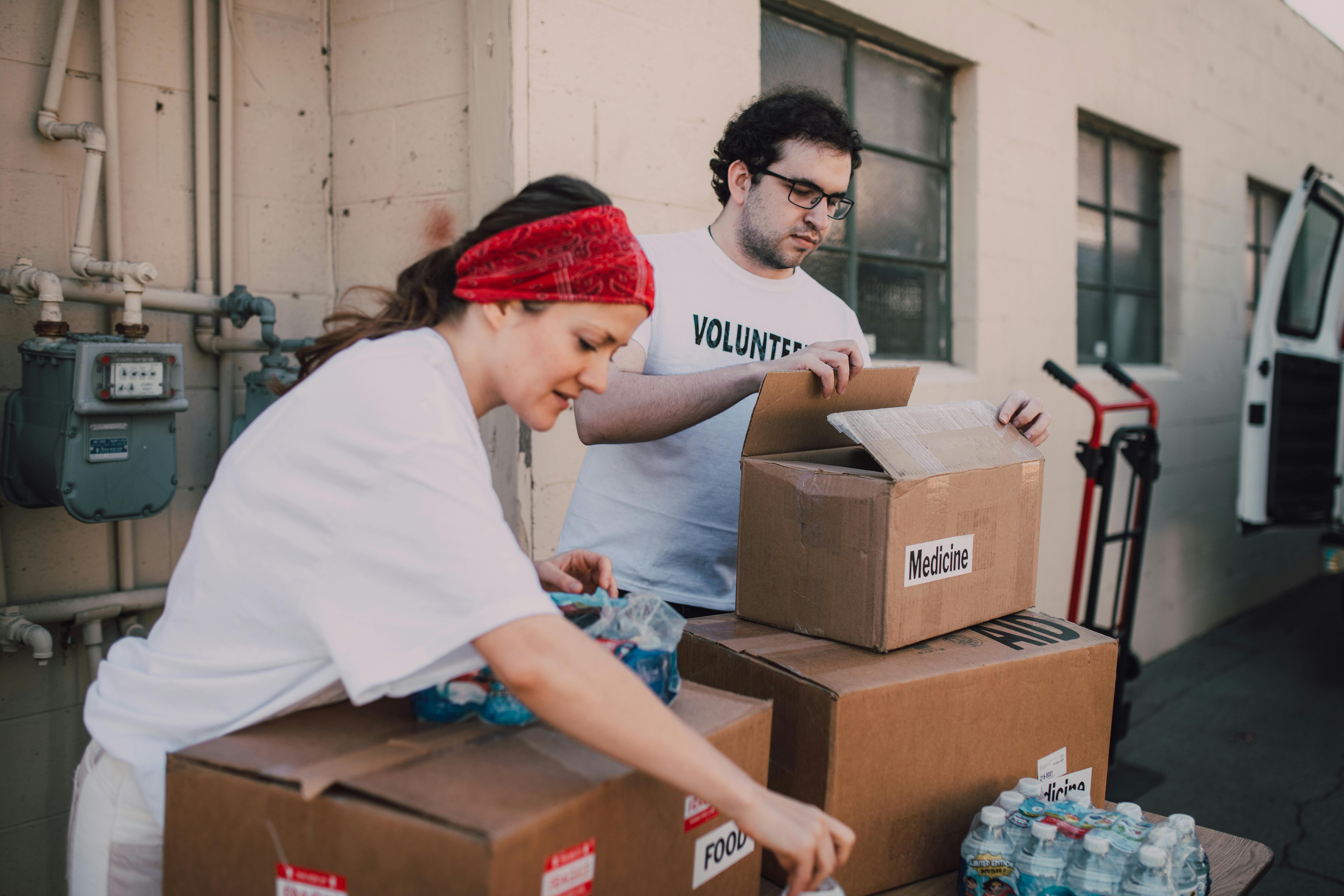
The Long-Term Vision: Platform Expansion Beyond Lodging
This grocery stocking initiative is not an isolated feature; it is a strategic probe into a much grander vision: transforming Airbnb from a travel marketplace into a comprehensive lifestyle and essential living platform. The ambition, as indicated by leadership, is clearly aimed at capturing a slice of the massive $1 trillion annual revenue potential available in ancillary travel services.
The Path to Global Scalability Beyond Initial US Markets
While the pilot is currently a tightly controlled experiment in Phoenix, Orlando, and Los Angeles, the architecture—integrating a major national delivery partner within the primary booking application—is inherently scalable. The blueprint developed here will almost certainly be adapted for international rollouts.
Scaling globally means overcoming significant friction points:
Success in the US domestic market provides the necessary data points on host compliance, guest ordering behavior, and shopper coordination logistics. Mastering the logistics now paves the way for making personalized convenience a truly universal standard across the entire platform community.
Projected Impact on Average Daily Rate and Booking Value
For the platform itself, the primary win isn’t direct grocery sales revenue—that primarily flows to Instacart. The focus is on the booking value and platform stickiness. The company is tracking the “attach rate”—the percentage of stays that result in an additional service purchase.
Here is the financial logic underpinning the move:. Find out more about Airbnb kitchen stocking pilot implications guide.
1. Increased Total Transaction Value: A $300 grocery order on top of a $1,500 stay means the total transaction facilitated through the Airbnb ecosystem is significantly higher. This growth signals a larger revenue funnel over time, which impresses investors seeking accelerated top-line growth.
2. Higher Average Daily Rates (ADR): Convenience sells. Guests willing to pay for the frictionless experience of a pre-stocked kitchen are often less price-sensitive overall. This increased perceived value can allow hosts to justify a higher nightly rate, indirectly boosting the platform’s overall ADR metrics.
3. Platform Stickiness: By embedding essential, recurring services, the platform becomes harder to leave. If a traveler knows they can get this level of convenience on Airbnb, they are less likely to default to a competing short-term rental site or a hotel for a future trip. This is the core goal of building out the services marketplace.
Analyzing the Competitive Landscape and Future Outlook
This pilot is being scrutinized not just by hotels, but by every major player in the on-demand delivery and travel technology space. It sets a precedent for how integrated services will define market leadership in the years to come.. Find out more about Airbnb kitchen stocking pilot implications tips.
Competition in the Embedded Delivery Space from Rivals
Instacart’s partnership with Airbnb is a direct shot across the bow of its primary delivery rivals: DoorDash and Uber Eats. As noted in reports, Instacart recently integrated with Grubhub, showing an industry-wide trend toward platform convergence, where delivery services are meeting customers *inside* the apps they already use for other core activities.
For Airbnb, this partnership serves two purposes:
If this embedded model works, competitors—both on the travel side (Booking.com, Vrbo) and the delivery side—will be pressured to create similar exclusive or preferential alliances to prevent customer leakage. The race is on to see which platforms can best leverage their customer base to distribute essential lifestyle services. For a deeper dive into how hotels are responding to STR disruption, review our analysis on hotel strategic pivot 2025.
Future Categories Beyond Groceries for Service Expansion
Groceries are foundational—they address the most basic, recurring need in any home stay. But they are merely the starting point. The successful execution of the kitchen stocking logistics will serve as the operational backbone for future, higher-frequency service additions.
We already know that Airbnb’s existing *Services* platform includes professional chefs, massage therapists, and personal trainers, with wellness services reportedly seeing strong adoption. What comes next?
Think about services that require a fixed location and a precise delivery/service window:
Actionable Future Service Categories:
The entire endeavor signals that the platform is building the infrastructure not just for travel, but for living wherever you land. The ambition is to combine the unique space of an Airbnb with the comprehensive, on-demand service level of a five-star hotel experience. This is about offering the “best of both worlds,” ensuring guests never have to choose between character and convenience again.
Actionable Takeaways: Preparing for the New Guest Expectation
As this trend moves from pilot to platform-wide adoption, hosts and hospitality stakeholders need to prepare now. The landscape of 2026 will favor those who are operationally ready.. Find out more about Redefining host responsibilities short-term rentals insights guide.
For Short-Term Rental Hosts:
For Traditional Hotel Operators:
Conclusion: The Platform Becomes the Utility
What we are witnessing with this kitchen stocking pilot is the maturation of the short-term rental industry. It’s a pivot from being just a booking platform to an integrated lifestyle utility, capable of managing the minutiae of daily living while you travel. The integration with Instacart is a masterclass in embedded delivery, seamlessly layering a logistical service directly into the travel decision-making process.
The next 12 months will be crucial. Will hosts embrace the increased labor for the promised financial upside? Will the logistics partners successfully manage the cold chain across multiple independent properties? The answer will determine whether a stocked kitchen becomes the standard expectation for travelers seeking a truly seamless stay. The days of choosing between the space of an Airbnb and the service of a hotel are rapidly fading. In 2026, the expectation is that you can, and should, have both.
What are your thoughts on the host responsibilities this introduces? Do you think the $25 fee is enough to cover the labor and potential food safety risk? Share your perspective below and join the conversation on the future of AI in the travel industry as we navigate these changes.
